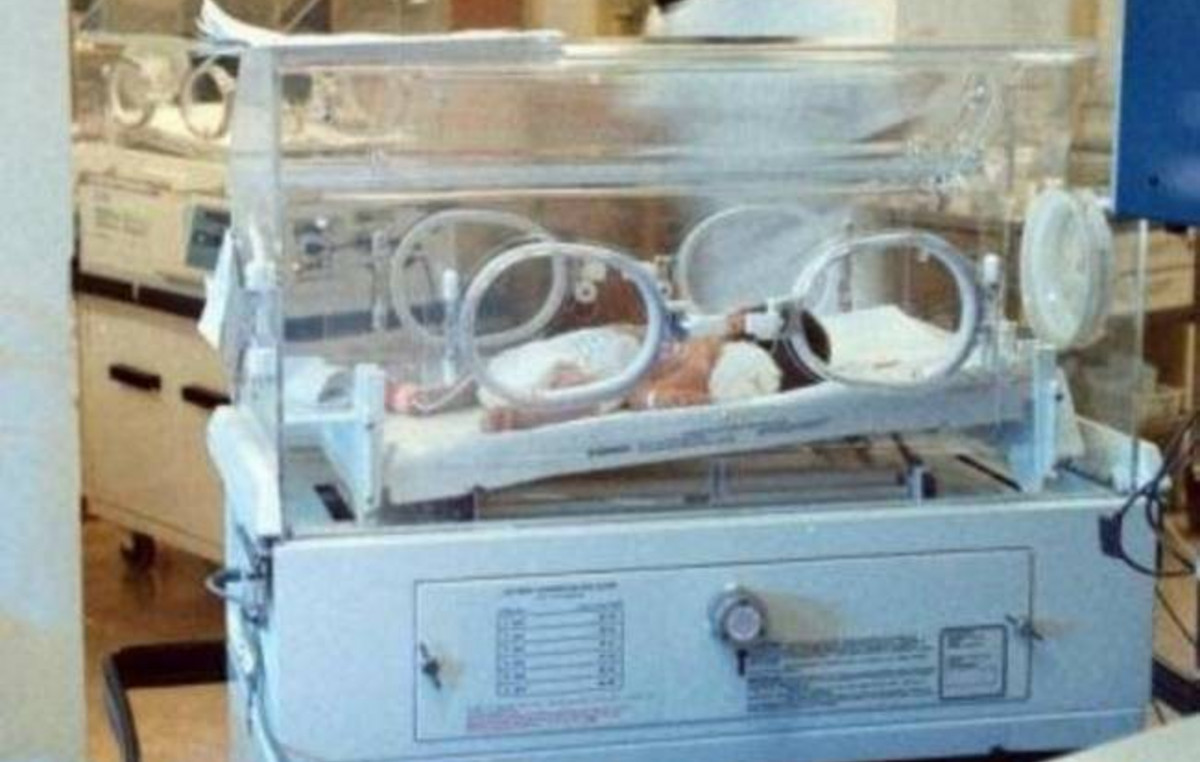Russia’s war against Ukraine, which began on February 24, had a series of impacts on the international economy, including Brazil. The conflict affected, for example, the prices and supply of fuel, fertilizers and grains.
Data from the Confederation of Agriculture and Livestock of Brazil (CNA) show that between March 2020 and March 2022, urea, the main fertilizer derived from nitrogen, increased by 224%. Phosphorus rose 239%, and potassium, 269%.
According to the table of minimum prices for the summer crop, released on July 6 by the Ministry of Agriculture, the readjustments reached an increase of up to 107%, pressured by the increase in fertilizers.
THE CNN asked the pre-candidates for the Presidency of the Republic what they think of doing to minimize the effects of the war on Brazil’s economy.
Check out the answers below:
Luiz Inácio Lula da Silva (PT):
The candidate did not respond at the time of publication.
Jair Bolsonaro (PL):
The candidate did not respond at the time of publication.
Ciro Gomes (PDT):
The candidate did not respond at the time of publication.
André Janones (Avant):
The candidate did not respond at the time of publication.
Simone Tebet (MDB):
The candidate did not respond at the time of publication.
Pablo Marcal (Pros):
The pre-candidate has not responded at the time of publication.
Felipe d’Avila (New):
The effects of war on our economy are varied. On the one hand, important items such as oil, fertilizers and grains become more expensive. But on the other hand, this general increase in commodities has a positive effect on our exports. It is worth remembering that the country raised more from exporting oil abroad.
One thing that this war made clear is the need to seek alternatives to fossil fuels, reducing our dependence on imported oil. We have already had programs in this direction, such as Proálcool, but a medium-term plan is needed to reduce this dependence.
Jose Maria Eymael (DC):
The pre-candidate has not responded at the time of publication.
Leonardo Pericles (UP):
The candidate did not respond at the time of publication.
Luciano Bivar (Union Brazil):
To minimize the effects of the war on the Brazilian economy, we have to act on several fronts. My project to implement the Federal Single Tax (IUF) will be able to recover the economy as a whole quickly and effectively. Entrepreneurs will pay less taxes and thus will be able to hire more. Workers will also pay far less taxes. Whoever earns up to five minimum wages will not have any payroll deduction, without losing any rights.
With more jobs and more income in people’s pockets, the economy is strengthened.
Sofia Manzano (PCB):
The pre-candidate did not respond at the time of publication.
Vera Lucia (PSTU):
First we would like to point out that we are in solidarity and we are on the side of the Ukrainian resistance for the defeat of the Russian military invasion. We defend a unified Ukraine free from Russian oppression and also free from the clutches of the United States, NATO and the European Union.
Regarding the impacts of the war on the Brazilian economy, we must reverse with the following measures:
– End of the Import Parity Price (PPI) policy, which has exorbitantly raised the prices of fuel and cooking gas, imposed by the Temer government in 2016 and maintained by Bolsonaro. Under this policy, the prices charged in Brazil are determined by the quotation of the commodity in the international market, and in dollars. In other words, Petrobras’ costs for oil exploration are real, but the price charged here is what is charged abroad in dollars. This harms the Brazilian population and favors shareholders – bankers and speculators – who hold Petrobras bonds on the New York Stock Exchange;
– Put an end to the policy of dismantling Petrobras, mainly the refineries, which aims to keep the country increasingly dependent on refined oil, making us sell crude oil to buy the more expensive refined one. It is a colonial logic of transforming the country into a supplier of raw materials and dependent on products with higher added value;
– We will transform Petrobras into a 100% state-owned company, without any action in the hands of speculators or bankers. A company that will operate under the control of workers, to supply the needs of the population, selling fuel and cooking gas here at cost price. Brazil is one of the largest oil producers in the world, there’s no reason to pay dearly for fuel and cooking gas;
– As for the production of fertilizers, we are going to renationalise the Petrobras (Fafens) fertilizer plants that were privatized. Thus, we will return to producing fertilizers in our country, without being held hostage by international producers who are only concerned with making a profit.
Photos – The candidates and pre-candidates for the Presidency
Source: CNN Brasil
I am Sophia william, author of World Stock Market. I have a degree in journalism from the University of Missouri and I have worked as a reporter for several news websites. I have a passion for writing and informing people about the latest news and events happening in the world. I strive to be accurate and unbiased in my reporting, and I hope to provide readers with valuable information that they can use to make informed decisions.







